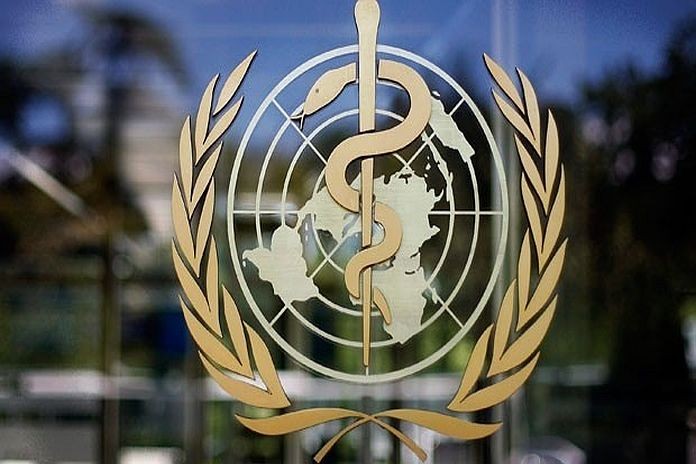WHO: Global cooperation towards enhanced surveillance of foodborne diseases

GENEVA, Switzerland – On 6–8 May 2024, the World Health Organization (WHO) Nutrition and Food Safety Department will host the inception meeting for the WHO Alliance for Food Safety in Geneva, Switzerland.
This hybrid meeting, organized in collaboration with the Centers for Disease Control and Prevention (CDC) of the United States of America, brings together WHO collaborating centres and other institutions with demonstrated leadership and technical competency to support the implementation of the WHO Global Strategy for Food Safety 2022–2030, particularly in the area of food-borne disease surveillance.
The Strategy, adopted by Member States at the 75th Session of the World Health Assembly – Resolution WHA75(22) – sets concrete global food safety targets to be reached by 2030, including a progress indicator on surveillance of food-borne diseases and contamination. Currently, there is no global mechanism in place to align efforts in this area and to provide innovation and support to countries in a coordinated way.
To address this gap, WHO is convening a meeting with its network of collaborating centres and other institutions with the following objectives:
1) to develop the terms of reference of the WHO Alliance for Food Safety, identifying its added value in the area of food-borne diseases surveillance; and,
2) to develop a draft work plan 2023–2030 to help countries meet the WHO target of food-borne disease surveillance by 2030.
This inception meeting counts on the participation of 64 WHO collaborating centres, UN organizations working in food safety and donors.
WHO global strategy for food safety 2022-2030: towards stronger food safety systems and global cooperation
The vision of the WHO Global Strategy for Food Safety 2022-2030 is to ensure that all people, everywhere, consume safe and healthy food so as to reduce the burden of foodborne diseases. The strategy was adopted by the 75th World Health Assembly. With five interlinked and mutually supportive strategic priorities, the strategy aims to build forward-looking, evidence-based, people-centred, and cost-effective food safety systems with coordinated governance and adequate infrastructures.
The WHO Secretariat has prepared the WHO Global Strategy for Food Safety with the advice of the Technical Advisory Group (TAG) on Food Safety: Safer food for better health. The current strategy reflects feedback received through a comprehensive consultation process with Member States and governmental institutions, United Nations agencies and other intergovernmental organizations, academic institutions, non-governmental organizations, private sector entities, and individuals working in public health and food safety.
Source: caribbeannewsglobal.com

